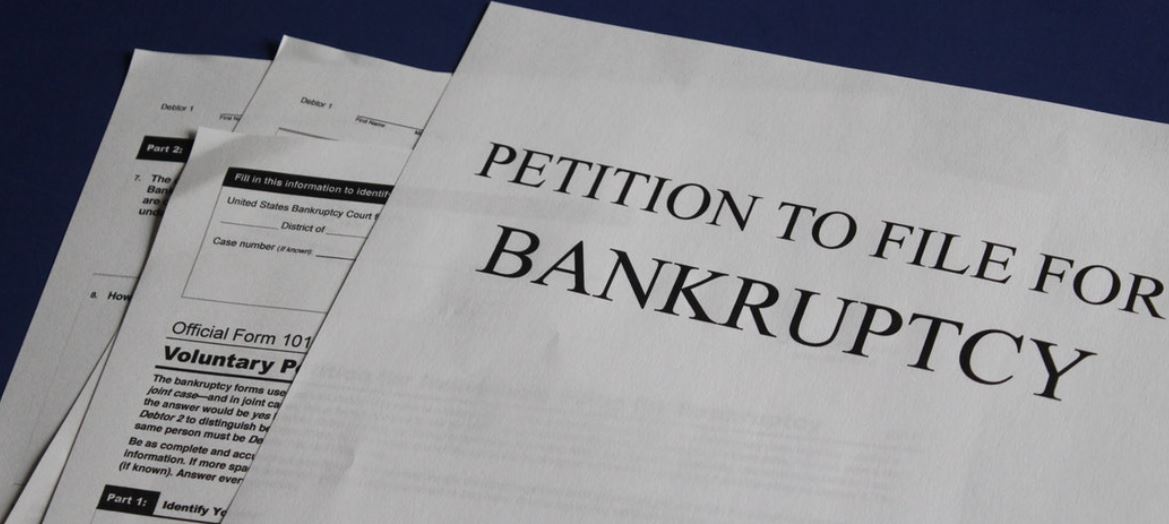By Nick Reynolds
Casper Star-Tribune
Via Wyoming News Exchange
CASPER — Troubled coal mine operator Westmoreland hit another snag in the company’s plans to liquidate last week, as a number of entities — including the U.S. Department of the Interior — filed objections in federal court over numerous obligations the company left on the table after filing for bankruptcy earlier this year.
The objections, which included voices like the Department of the Interior and the United Mine Workers of America, comes in the midst of a sale of the troubled Kemmerer coal mine to the mine’s secured lenders. The lenders announced last week they would transfer operations to the Canadian firm North American Construction Group, which specializes in mine reclamation services, rather than management.
Darren Krill, a marketing and communications manager for North American, wrote in an email the company could not comment on the project until a final ruling has been made.
Reasons for each entities’ objections were varied. An attorney for the Department of the Interior — which is still awaiting cure payment of $1.4 million on the mine — raised an alarm that the mine’s sale could occur before a bankruptcy plan for Westmoreland has been finalized, which could leave potential for the debt to go unpaid if the sale were to fall through.
This concern was expressed by other debtors attached to the deal, who noted in their objection that the conditions of the current sale could potentially leave the sureties attached to the deal responsible for reclamation costs, should the sale fall through, without any ability to foreclose on the property in an attempt to recuperate their losses.
Meanwhile the union representing the miners, who are currently in the process of securing a collective bargaining agreement with the new ownership, objected to the sale until a new contract has been secured.
The previous collective bargaining agreement was stripped in February, after a bankruptcy judge in Texas decided that Westmoreland could eliminate health care benefits for retirees and their union contract in order to sell the mine to a businessman from Virginia.
That sale eventually fell through.
“The problem here is the bankruptcy court kind of put a gun against the heads of all the workers when they stripped their collective bargaining agreement, which is terrible in this country,” union representative Mike Dalpiaz told the Star-Tribune on Tuesday. “The bankruptcy laws in this country in the United States of America are close to being criminal. They’re all corporation-geared, and it’s a shame. But we’re moving right along.”
A new deal has not yet been reached with the new ownership of the mine, Dalpiaz said, though negotiations are ongoing and general terms and conditions have “come together.”
“I’m very optimistic,” he said.
Though the objections add additional complications to the saga of the Kemmerer mine, experts predict the recent objections should not pose as a significant barrier to the eventual sale of the mine, nor to the ultimate resolution of Westmoreland’s bankruptcy filing.
“All of the objections should be able to be resolved without imperiling the sale or the close of the bankruptcy,” Peter Morgan, a senior attorney for the Sierra Club, wrote in an email.





